 A Cupboard Full of Coats is a slow-burning heartbreaker of a story, rich with the cadence and flavor of Caribbean immigrants in London's East End as the 14-year-old mystery at the core of Yvette Edwards's debut novel is revealed over the course of a long weekend.
A Cupboard Full of Coats is a slow-burning heartbreaker of a story, rich with the cadence and flavor of Caribbean immigrants in London's East End as the 14-year-old mystery at the core of Yvette Edwards's debut novel is revealed over the course of a long weekend.
Jinx Jackson lives alone in the house where her mother was murdered by an abusive boyfriend. Haunted by guilt for her own role in the crime, Jinx has withdrawn from her life. She has no friends, she is unable to connect with her young son or his father, and her only solace--the only time she feels "pride, vanity, grief, sadness, loss, something"--is in her work as an embalmer. Just 16 at the time of her mother's death, Jinx has spent her adult life barricaded with her secrets and sufferings.
But then Lemon, once a friend of her mother, knocks on her door. Still handsome, sharply dressed, smelling of rum and tobacco, Lemon bears upsetting news: Berris, her mother's killer, has been released from prison. Bound by their mutual complicated love for Jinx's tragic, beautiful mother and a shared burden of guilt over the events that led to her death, Jinx and Lemon begin the slow work of unraveling their painful history.
Before her mother died, Jinx--traumatized by the violence that moved into her home when Berris did--was moved to tears by Lemon's simple affection. "Most things, all they want is a little gentle handling," he said to her once. Fourteen years later, Jinx still desperately needs some tender care. Lemon once again provides, melting her icy defenses with captivating stories, foot massages and powerfully nostalgic West Indian food.
The food works on the reader, too; in fact, Edwards's sumptuous descriptions may be the best thing about the book. There is pumpkin soup, "saffron-colored and bursting with flavor"; lamb that falls from the bone; gravy "so spicy and compelling I found myself... sucking out every crevice of the bones, using my mouth like a bottom-feeder, my tongue like a young girl French-kissing an orange." These sensuous descriptions rival only those of the luxurious coats that hang untouched in Jinx's closet--the consolation gifts Berris gave her mother after every beating.
With elegant restraint and a sensitivity uncommon in debut novels, Edwards slowly unfolds two stories--the circumstances of Jinx's mother's brutal murder and her redemption and release 14 years later--while nudging them toward the same emotional conclusion. --Hannah Calkins
Shelf Talker: The psychological skeletons in Jinx's closet bear witness to the same grief as the coats in her cupboard, but it's time to finally confront the past in Yvette Edwards's elegant, heartbreaking debut.
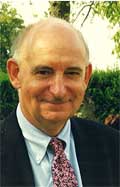 "It's actually as simple as this. New authors, building their customer base, need physical bookshops. Physical bookshops are lovely tactile, friendly, expert, welcoming places. Physical books, which can only be seen and handled in physical bookshops, are lovely, tactile things. Destroy those bookshops, and the very commercial and cultural base to the book industry is destroyed. Once and for all. Like Humpty Dumpty, it can never be put together again."
"It's actually as simple as this. New authors, building their customer base, need physical bookshops. Physical bookshops are lovely tactile, friendly, expert, welcoming places. Physical books, which can only be seen and handled in physical bookshops, are lovely, tactile things. Destroy those bookshops, and the very commercial and cultural base to the book industry is destroyed. Once and for all. Like Humpty Dumpty, it can never be put together again."


SHELFAWARENESS.1222.S1.BESTADSWEBINAR.gif)


SHELFAWARENESS.1222.T1.BESTADSWEBINAR.gif)
 As of yesterday, Scholastic now has more than 50 million copies of Suzanne Collins's bestselling the Hunger Games trilogy of books in print and digital formats in the U.S.: The Hunger Games (23 million-plus copies), Catching Fire (14 million-plus) and Mockingjay (13 million-plus).
As of yesterday, Scholastic now has more than 50 million copies of Suzanne Collins's bestselling the Hunger Games trilogy of books in print and digital formats in the U.S.: The Hunger Games (23 million-plus copies), Catching Fire (14 million-plus) and Mockingjay (13 million-plus). Kathryn Wade, owner of
Kathryn Wade, owner of 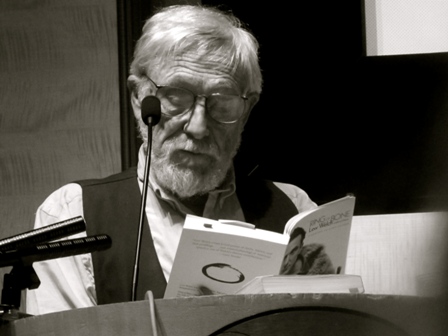
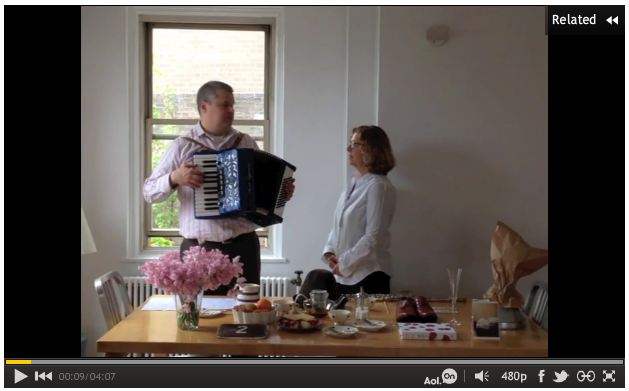
 Book forest
Book forest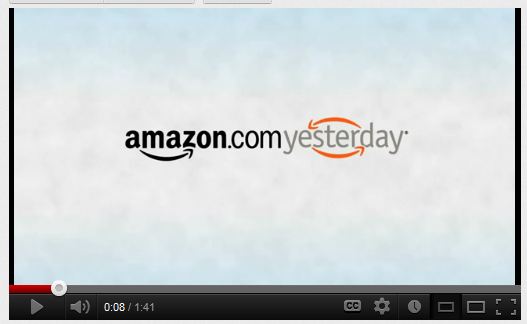
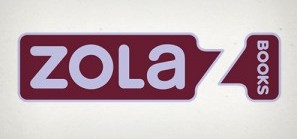
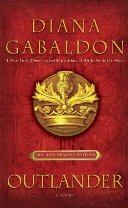
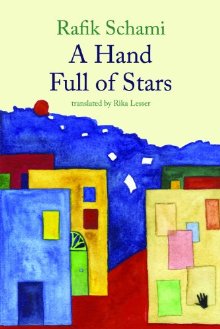 The GBO described A Hand Full of Stars this way: "Amid the turmoil of modern Damascus, one teenage boy finds his political voice in a message of rebellion that echoes throughout Syria and as far away as Western Europe. Inspired by his dearest friend, old Uncle Salim, he begins a journal to record his thoughts and impressions of family, friends, life at school, and his growing feelings for his girlfriend, Nadia. Soon the hidden diary becomes more than just a way to remember his daily adventures; on its pages he explores his frustration with the government injustices he witnesses. His courage and ingenuity finally find an outlet when he and his friends begin a subversive underground newspaper. Warmed by a fine sense of humor, this novel is at once a moving love story and a passionate testimony to the difficult and committed actions being taken by young people around the world. This book is not only suited for teenagers, it is also quite exciting to read for adults!"
The GBO described A Hand Full of Stars this way: "Amid the turmoil of modern Damascus, one teenage boy finds his political voice in a message of rebellion that echoes throughout Syria and as far away as Western Europe. Inspired by his dearest friend, old Uncle Salim, he begins a journal to record his thoughts and impressions of family, friends, life at school, and his growing feelings for his girlfriend, Nadia. Soon the hidden diary becomes more than just a way to remember his daily adventures; on its pages he explores his frustration with the government injustices he witnesses. His courage and ingenuity finally find an outlet when he and his friends begin a subversive underground newspaper. Warmed by a fine sense of humor, this novel is at once a moving love story and a passionate testimony to the difficult and committed actions being taken by young people around the world. This book is not only suited for teenagers, it is also quite exciting to read for adults!"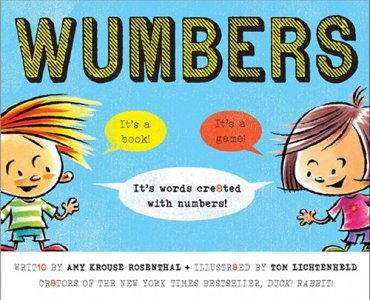

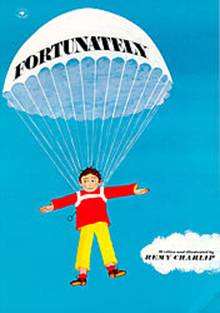
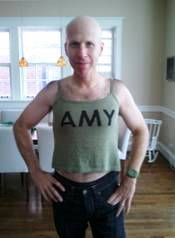
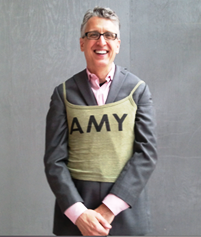
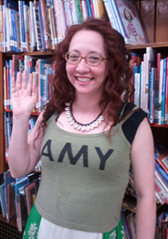
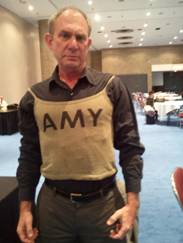
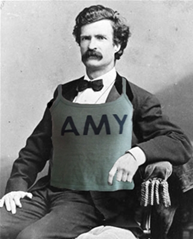
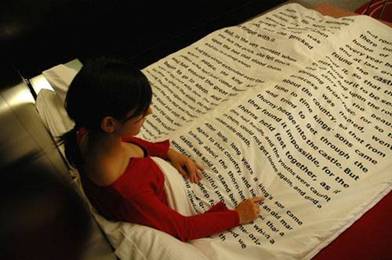
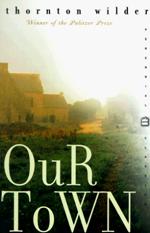
 A Cupboard Full of Coats is a slow-burning heartbreaker of a story, rich with the cadence and flavor of Caribbean immigrants in London's East End as the 14-year-old mystery at the core of Yvette Edwards's debut novel is revealed over the course of a long weekend.
A Cupboard Full of Coats is a slow-burning heartbreaker of a story, rich with the cadence and flavor of Caribbean immigrants in London's East End as the 14-year-old mystery at the core of Yvette Edwards's debut novel is revealed over the course of a long weekend.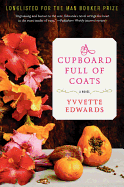
 An "unfinished" book is a different thing altogether because a much more substantial commitment is required to reach the unfinishing point. If bailing is a rational decision, unfinishing is subconscious and often inconclusive.
An "unfinished" book is a different thing altogether because a much more substantial commitment is required to reach the unfinishing point. If bailing is a rational decision, unfinishing is subconscious and often inconclusive.